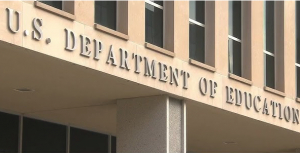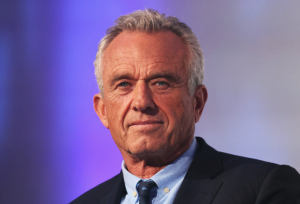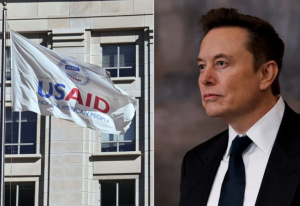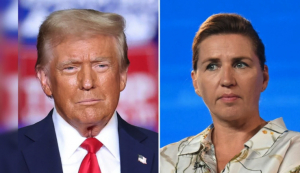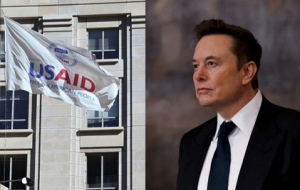President Donald Trump is preparing to take a series of executive actions aimed at dismantling the Department of Education, according to a report from The Washington Post. While Trump has previously stated his desire to abolish the department entirely, the new plan reportedly acknowledges that congressional approval would be necessary for a full closure. Instead, the administration is expected to take steps to reduce the department's size and influence by shifting responsibilities, cutting funding, and reducing its workforce. Sources familiar with the plan told The Washington Post that Trump's executive action will direct the Education Department to create a legislative proposal for Congress while simultaneously implementing internal restructuring measures. The plan is expected to include workforce reductions, potential funding reallocations, and the transfer of certain department functions to other federal agencies. In the first two weeks of the second Trump administration, hundreds of federal employees across various agencies have been placed on administrative leave, including those involved in diversity, equity, and inclusion (DEI) initiatives, federal prosecutors linked to January 6-related cases, and FBI agents. The Department of Education is now undergoing a similar review process. The Department of Government Efficiency (DOGE), a cost-cutting initiative led by billionaire Elon Musk, has deployed 20 staffers to analyze spending and staffing levels within the Education Department. According to three sources cited in The Washington Post report, DOGE's work is expected to precede the executive action that will be issued later this month. Linda McMahon, Trump's nominee for Education Secretary, has yet to appear before the Senate for her confirmation hearing. Republican lawmakers have reportedly advised Trump to delay signing the executive order until after McMahon's confirmation. Senate aides have indicated that the hearing schedule is currently on hold as government ethics officials review her paperwork. Although Trump and his supporters have pushed for the complete elimination of the Education Department, such a move would require legislative approval. Closing a federal agency outright would need a supermajority of 60 votes in the Senate, making it unlikely to pass without significant bipartisan support. In 2023, the U.S. House of Representatives voted on an amendment to a parental rights bill that would have abolished the department, but the measure failed, with 60 Republicans joining all Democrats in opposition. While full closure appears unlikely, some Republican lawmakers have signaled support for reducing the department's role. Representative Tim Walberg (R-MI), chair of the House Education Committee, stated that while the chances of abolishing the department are slim, efforts should focus on reducing its influence. "I would not hold my breath that [closing the department] would ultimately become law," Walberg said in an interview. "So in the meantime, my efforts would be to find any means by which we may de-power the Department of Education." Trump has repeatedly criticized the department, citing declining academic performance in U.S. public schools. On the campaign trail last year, he reaffirmed his commitment to shifting education policy control to the states. "One of the things I'll be doing very early in the administration is closing up the Department of Education in Washington, D.C., and sending all education work and needs back to the states," Trump said. "We want them to run the education of our children because they'll do a much better job of it. You can't do worse." Trump has also pointed to the U.S. ranking in global education as justification for the move, arguing that despite high per-student spending, American students continue to perform below their international peers in key subjects such as math and reading.
The
upcoming executive order is expected to mark the administration's first formal step toward reshaping federal education policy. However, the full impact of the order will likely depend on congressional cooperation and legal challenges from opponents of the plan.

